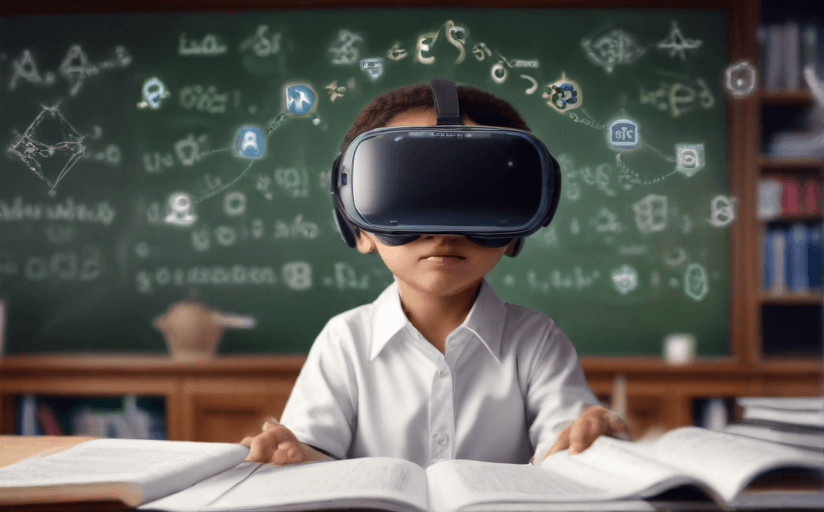Virtual Reality: Revolutionizing Education
The waves of evolution that technology continues to ride has significantly metamorphosed various sectors in society, with education at the forefront of this transformation. A particular focus of this exploration falls on Virtual Reality (VR) technology, an innovation that has set in motion significant changes in contemporary education.
Virtual Reality and Education
VR technology has been a paradigm shift in the education sector, reshaping conventional teaching methodologies and revolutionizing student learning experiences. Traditionally, learning models were primarily confined to theoretical knowledge with limited practical engagement. However, VR brings a 'learning by doing' approach to classrooms, offering students immersive, interactive, and engaging 3D environments to explore and learn.
Benefits of Virtual Reality
Diverse Learning Opportunities
Unlike traditional learning methods, VR provides an equal learning platform for everyone. Regardless of their learning pace, cognitive capabilities, or physical abilities, all students can learn interactively in a risk-free, virtual environment.
Engagement and Retention
VR makes learning fun and exciting, increasing student engagement. Additionally, the immersive nature of VR boosts memory retention, enhancing the overall learning experience.
Skill Development
VR technology aids in developing crucial skills like problem-solving, decision making, and spatial awareness by providing students with real-world simulations.
Challenges of Virtual Reality
Cost Implications
One of the major challenges of VR in education is the cost associated with procuring VR hardware, developing customized educational content and maintaining the technology.
Technological Limitations
Insufficient technological infrastructure in schools may limit the implementation of VR, particularly in remote or underprivileged areas.
Health Impact
Excessive use of VR can potentially have harmful effects such as eye strain, dizziness or headaches, emphasizing the need for controlled use.
The Future of VR in Education
Despite the existing challenges, the future of VR in education seems promising. As technology continues to evolve, we can expect more affordable, user-friendly, and educationally beneficial VR solutions. Schools may soon accommodate full VR-enabled classrooms, transforming traditional teaching methods into more immersive and interactive ones. Furthermore, advancements in AI and data analysis can help personalize VR learning experiences to fit each learner's unique needs, thereby enabling more effective education.
In conclusion, while the advent of VR in education has already sparked significant changes, it is only the tip of the digital-educational iceberg. The true potential of VR as a magnificent tool in reshaping education is yet to be realized, and we stand on the cusp of an exciting era of learning and teaching.


















Comments
Leave a Comment